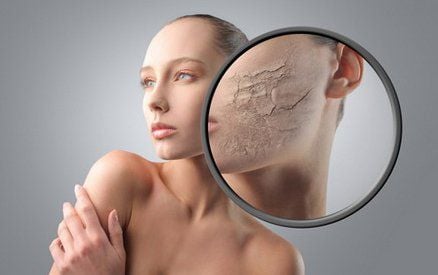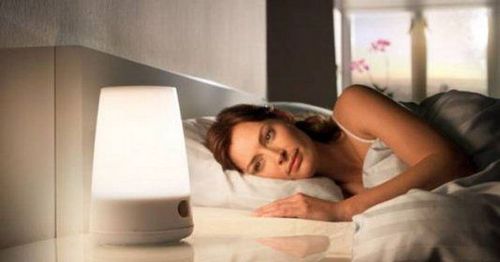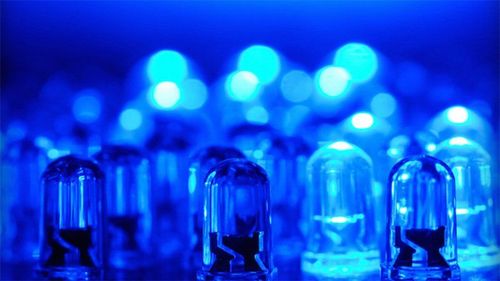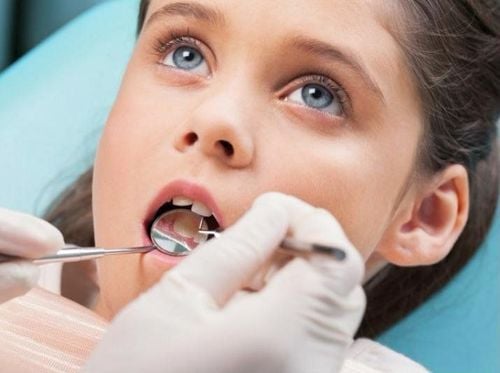This is an automatically translated article.
Recent research has shown that the blue light emitted by phones, tablets and computers can actually be harmful to eyes and skin. Over time, blue light stimulates the aging process leading to skin discoloration, inflammation and weakened skin surface.1. What is blue light?
Blue light is the spectrum of visible light in the blue to violet color range. Blue light consists of radiation with short wavelengths accompanied by high energy. In fact, it is the blue spectrum of visible light that causes the sky to appear blue.Although the sun is the main source of blue light like all other visible light sources, digital devices in everyday use, including smartphones, tablets, computers and lamps LED exposes everyone to blue light exposure throughout the day. Blue light and its harmful effects on the eyes have been known for a long time. However, its negative effects on the skin have only appeared in recent times.
2. Harm of blue light to the skin
There has been ample evidence that long-term exposure to blue light causes skin cell damage, interferes with skin barrier function, and can lead to premature aging, just like UV radiation. Long-term exposure to blue light also accelerates the breakdown of collagen and elastin (the skin's important structural proteins responsible for firm and youthful skin). Skin aging occurs when collagen and elastin fibers begin to break down faster than they were made. The result is loose skin, premature aging and loss of firmness and elasticity.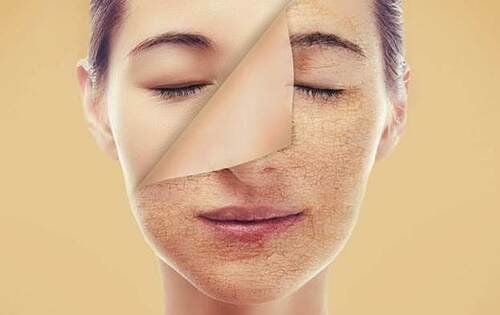
Ánh sáng xanh có thể gây lão hóa da
Although blue light therapy can be used to treat the inflammation associated with bacterial acne, excess blue light exposure causes inflammation, redness, and swelling. This also impairs the function of the skin cell barrier, leading to loss of moisture retention and impaired immunity.
One of the harmful effects of blue light to the skin is affecting the body's natural circadian rhythm. Blue light suppresses the sleep hormone melatonin and tends to energize those exposed to it. This is why looking at digital screens before going to bed affects sleep, even disrupting sleep by disturbing the natural body clock. Lack of sleep further accelerates skin aging and collagen breakdown.
3. How do you perceive the problem of the impact of blue light?
When it comes to skin health, UV radiation is considered one of the most damaging environmental factors. High-energy ultraviolet radiation emitted by the sun is one of the main causes of skin aging. Therefore, people may be aware of the need to protect their skin from UV radiation, but not many people know about the harmful effects of blue light on the skin.Blue light is part of the visible light spectrum, the sun is the main source of blue light. However, ubiquitous digital devices like computer monitors and even LED lights expose the skin to a constant stream of blue light. This blue light not only adversely affects eye health, but also damages the skin and accelerates the breakdown of important protein fibers of the skin.

Ánh sáng xanh là một phần ánh sáng từ mặt trời
4. How to protect skin from blue light?
The use of digital devices has increased exponentially over the past year, even among school-age children and teenagers. Skin care in a blue light environment has become an important element of skin protection. While exposure to blue light from digital devices cannot be avoided, there are some conscious steps everyone can take to minimize its effects.Limiting screen time inactivity is one of the easiest steps to get started. Cutting down on overall device time is not only good for your skin, but for your overall health.
Using a blue light shield on your device is another important intervention that can help reduce exposure. Besides, some digital devices today also have the option to reduce blue light and turn on yellow light. If your device has a “night mode”, use it regularly to reduce blue light.
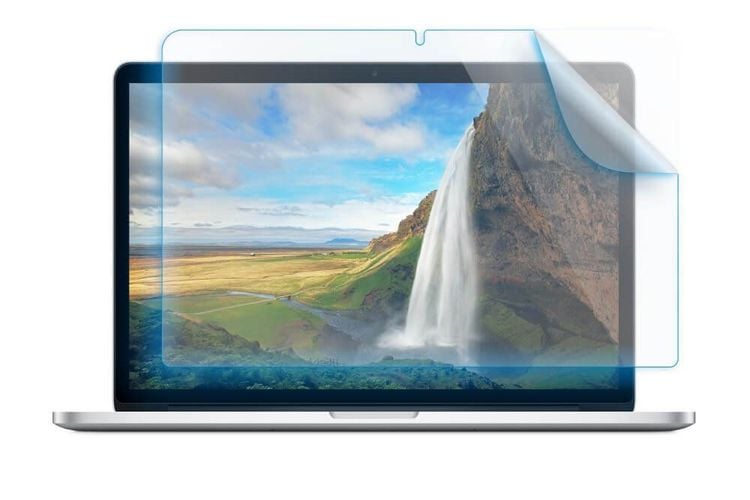
Sử dụng tấm chắn ánh sáng xanh trên thiết bị giúp giảm phơi nhiễm
Using skin care products or treatments that boost collagen production is one way to deal with premature skin aging. In addition to collagen-promoting creams, a new bio-regeneration of the skin, called Profhilo, boosts the skin's ability to produce collagen and elastin by replenishing lost hyaluronic acid stores. At the same time, it is recommended to use a sunscreen based on zinc oxide that also provides protection from blue light.
In short, what is blue light and the harmful effects of blue light on the skin are too obvious, it is present anytime, anywhere in life with modern conveniences like today. However, this does not mean that everyone has to deal with it negatively. Instead, with the above knowledge, people build themselves the habit of strengthening appropriate skin protection activities, to both keep up with the constantly evolving lifestyle and maintain a fresh vitality. young for her skin.
Please dial HOTLINE for more information or register for an appointment HERE. Download MyVinmec app to make appointments faster and to manage your bookings easily.





